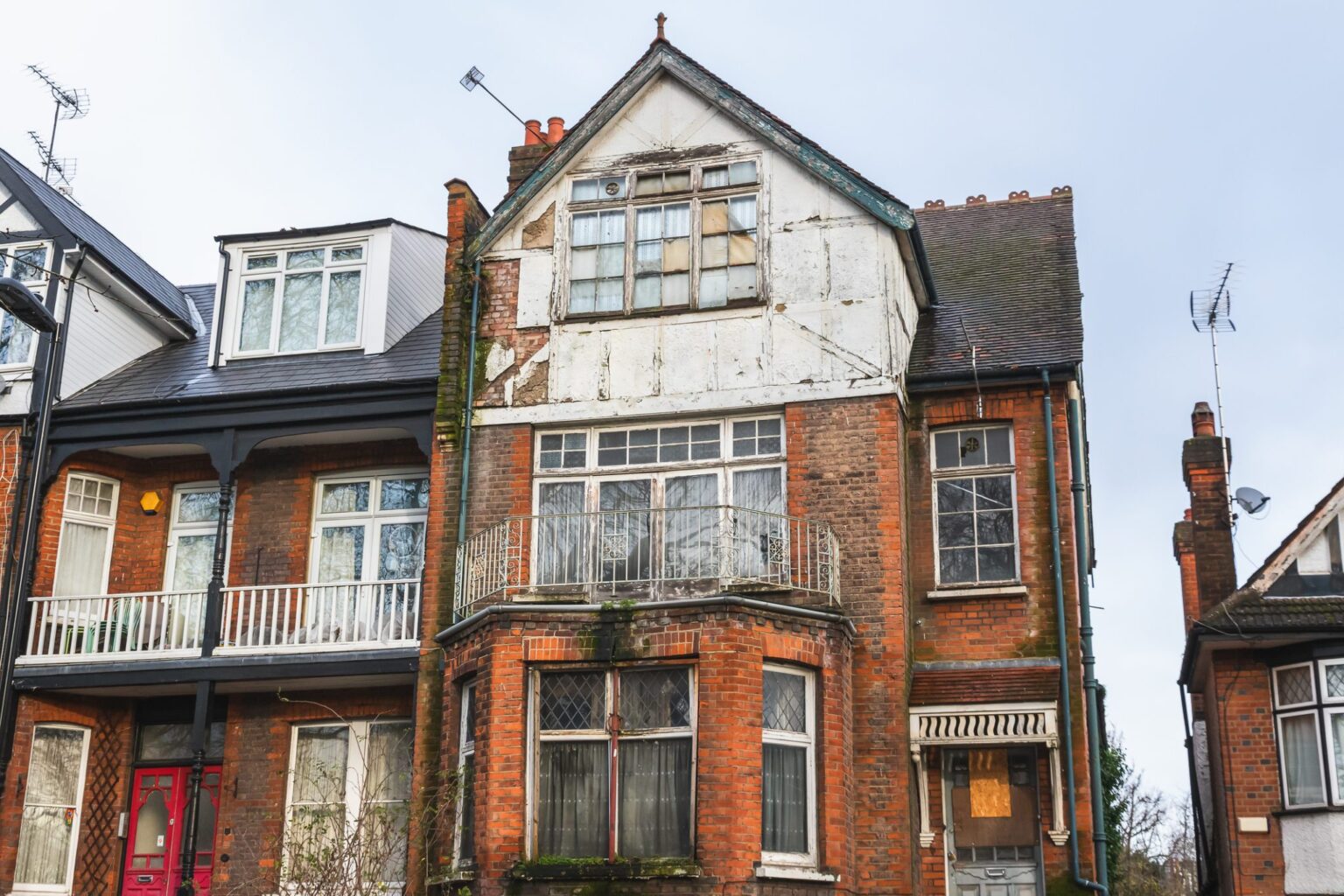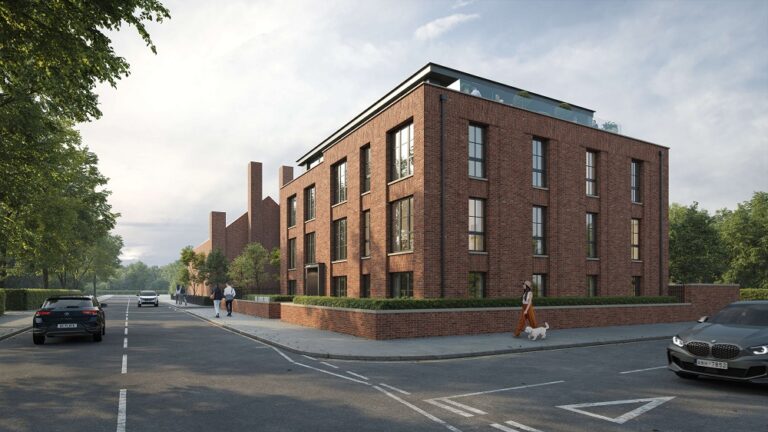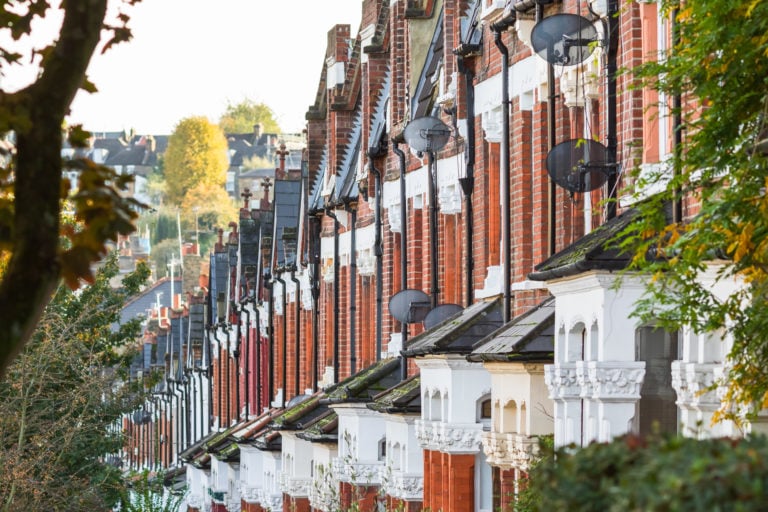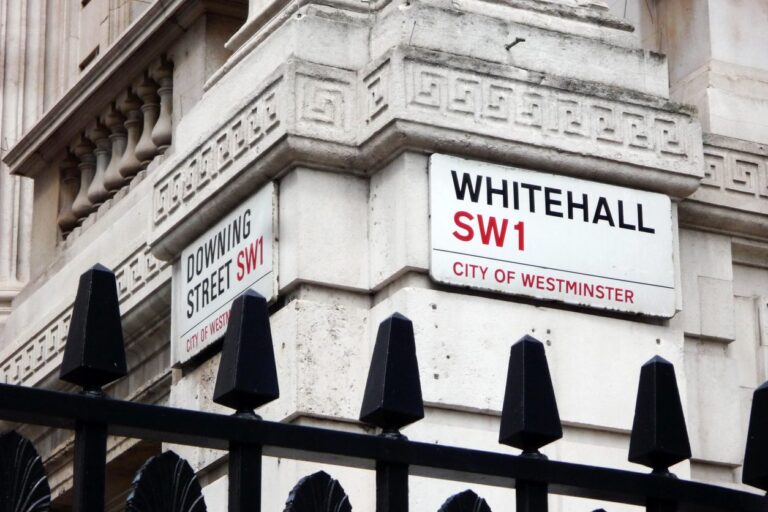Property investment strategies are wide-ranging, but while honing in on cheaper property may seem like the best option, there is more to think about in the long term.
The UK, and indeed many parts of the world, is on a mission to decarbonise its built environment. The government’s net-zero target for 2050 may seem a long way off, but big changes are already underway both physically and in people’s attitudes.
Globally, around 25% of CO2 emissions come from the built environment. The challenge of fixing this will come from a huge effort from across a wide range of sectors, but one focus will certainly be on residential property – both owner-occupied and tenanted.
Of course, most landlords, property investors and tenants are now much more aware of the important of energy performance certificates (EPCs), with tighter rules expected to come into force in the coming years.
On the other hand, though, as demand falls for old and inefficient buildings, prices for these could also come down, which may make them more appealing to those seeking cheaper property.
‘Brown discount’ leading to cheaper property
Looking at it from a commercial building perspective – which can be translated just as easily to residential – Snigdha Jain, director of sustainability at Turley, explains that this “brown discount” is a challenge.
“The challenge for most asset managers – even those investing significant sums into building greener properties – is that old and inefficient buildings make up a considerable percentage of their portfolio.
“While work is being done to retrofit these properties, we are already witnessing a ‘brown discount’, where inefficient properties or those not fit for the future are cheaper to lease.”
For some landlords and investors, bagging a cheaper property could seem like a good strategy for making bigger profits. The less you spend at the outset, if you secure strong rents, the better the yields can be.
However, there is mounting evidence that tenants are more keen than ever to prioritise energy efficiency, with cheap bills as well as a better effect on the environment. As such, older, cheaper property could become more difficult to rent.
To support this, one recent survey found that 42% of renters consider the environmental impact of a property before renting, while 82% of buyers said they would be willing to pay more for an energy-efficient property.
Investability and marketability
Another survey from Shawbrook Bank found that 15% of landlords said they would only buy properties that were built within the last 20 years.
The bank points out that houses built before 1940 are unlikely to have an EPC rating of C or above, so this is a clear sign of landlords future-proofing their investments.
Of course, it is impossible to ignore the fact that new-builds are more expensive than an old, inefficient home. For some property investors, this is off-putting, due to the fear of not recouping the cost paid at the outset.
But with today’s tenants, who are increasingly often willing to pay more to get more – with growing numbers opting for premium build-to-rent developments – new-build investment could be much more future-proof in the long run than cheaper property.
The cost of retrofitting a property can be high, too. This could be exacerbated when minimum EPC limits are raised, meaning even more work could be required to get many homes up to scratch.
Snigdha Jain concludes: “Questions will be asked of the government as to whether financial support will be made available.
“Real estate has long been hailed as a sound investment and has the potential to tackle the climate challenge head on with an integrated approach to decarbonisation and government support and collaboration among investors, landlords and tenants.”










